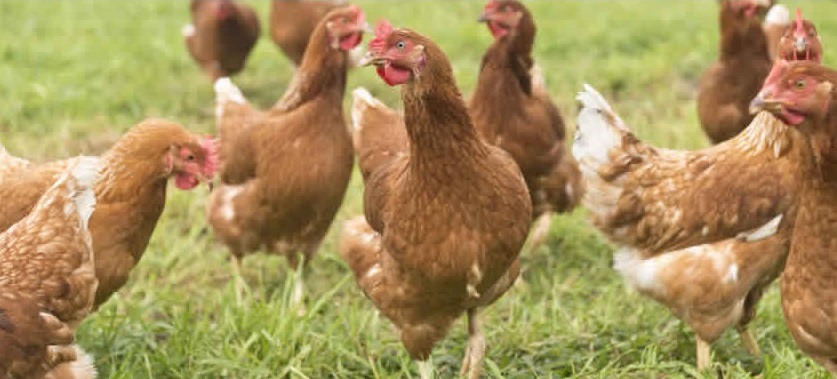
NOAH has supported the animal medicines industry and the responsible use of antibiotics on farms through a letter to The Times published yesterday.
NOAH responded to an earlier letter from the President of the Royal Society of Medicine and other academics calling for “political action against the overuse of antibiotics in farming.” (The Times, 23 November 2015).
The medical experts made a number of inaccurate points about the use of veterinary medicines which NOAH’s chief executive, Dawn Howard, refuted.
Dawn Howard said: “Whilst it is encouraging that Antibiotic Awareness Week has sparked a debate in the national press, it’s important that everyone considers the wider context.
“We were particularly keen to point out the danger of quoting ‘total use’ figures for antibiotics on farms. There are significantly more individual animals in a country than individual humans, for example, and antibiotics are prescribed according to weight, which of course will result in a 600kg dairy cow requiring more antibiotic to treat an infection than an 80kg person. The letter from the Royal Society of Medicine failed to mention this.”
NOAH’s letter referred to a recent One Health report published by Public Health England and the Veterinary Medicines Directorate which identified that in the UK total antibiotic human prescriptions were 590 tonnes (estimated) in 2013 or 135mg/kg of human biomass. The total antibiotic sales for animal use were 418.7 tonnes (353.6 tonnes in food producing animals) in 2013 or 55.6mg/kg of PCU (population correction unit - a means to take account the number of food animals in a country). Overall human use of antibiotics was 2.4 times that of veterinary based on kg per biomass.
Dawn continued: “At NOAH we are always happy to provide reliable information to anybody on the use of antibiotics and the role they have to play in responsible farming and veterinary medicine.
“We will continue to stand up for our industry providing the essential medicines that are needed by responsible hard-working vets and farmers to maintain high standards of animal health and welfare, thus contributing to the continued availability of safe, affordable food for everyone.”
